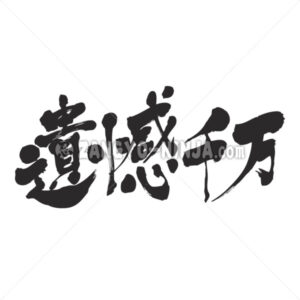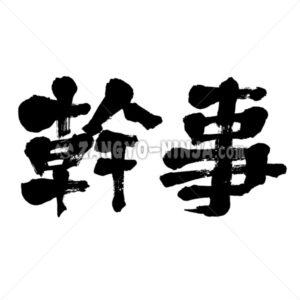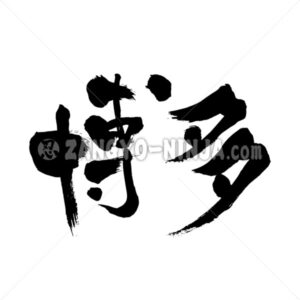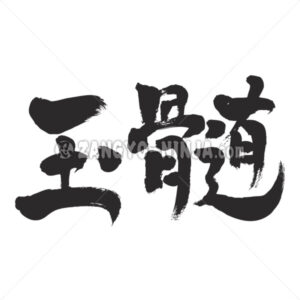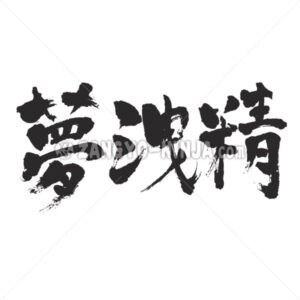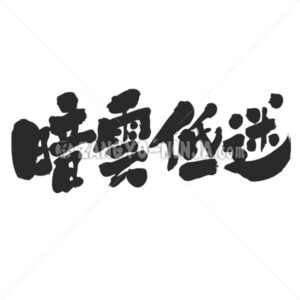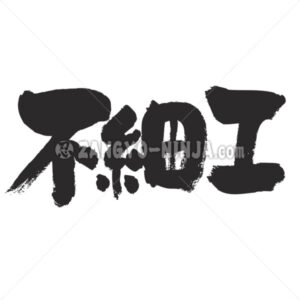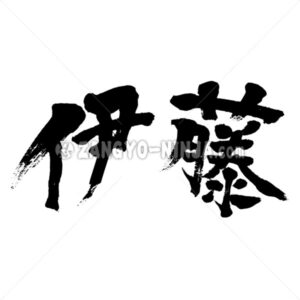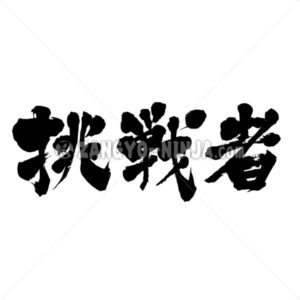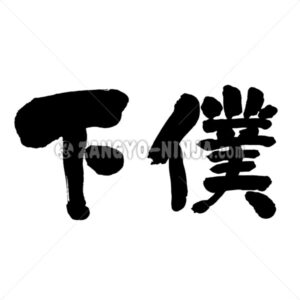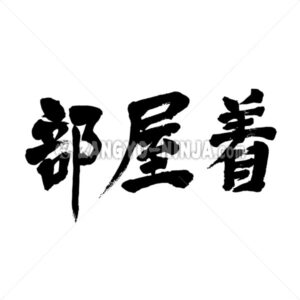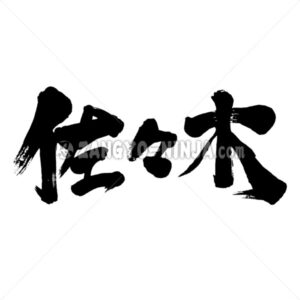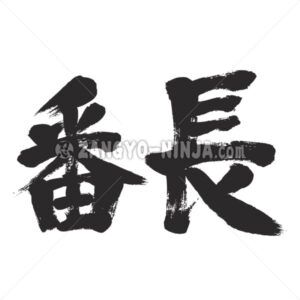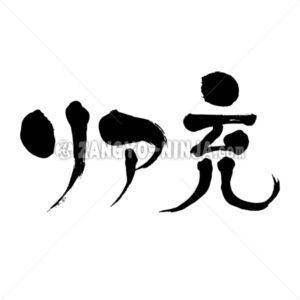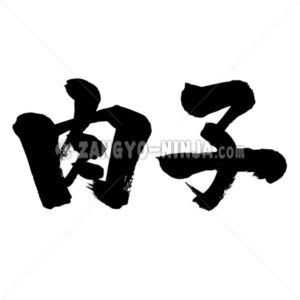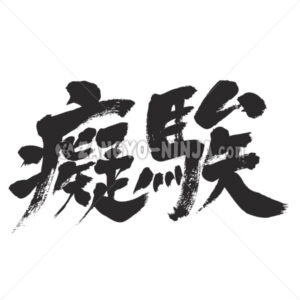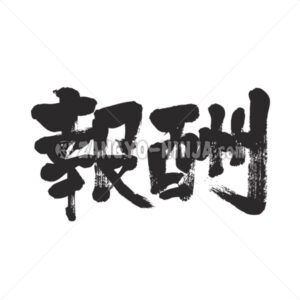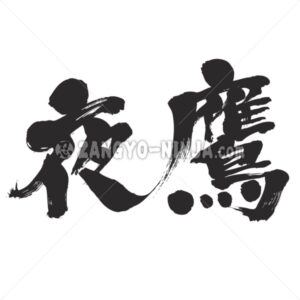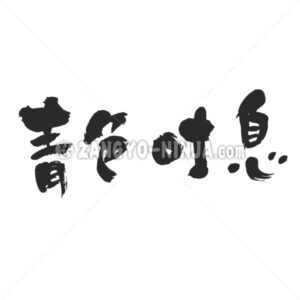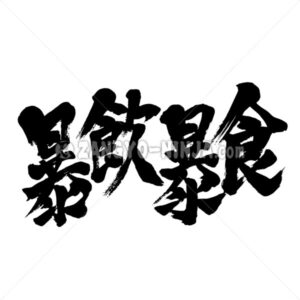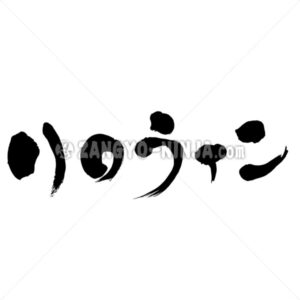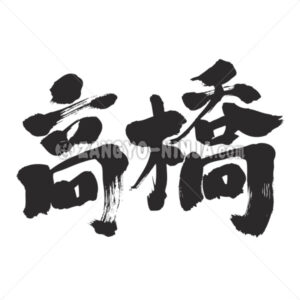
Takahashi is the 3nd most common Japanese surname. The surname Takahashi is derived from the place name “Takahashi” in various parts of the country. “Takahashi” means “the edge of a hill” or “a high bridge”, and it was named as a place name in such a place.
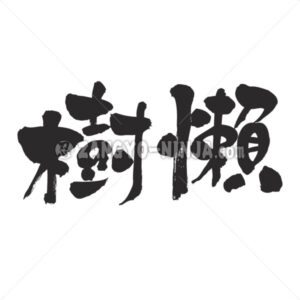
Mammalia Edentata A general term for animals belonging to the sloth family. There are 5 species in 2 genera of this family, Bradypodidae, which live mainly on trees in the dense forest areas of South America and feed on leaves and flowers. Body length 50-64 cm, no tail, or even short. Weight 4-9 kg. … Read More
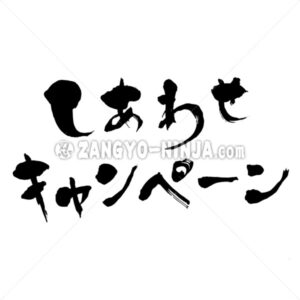
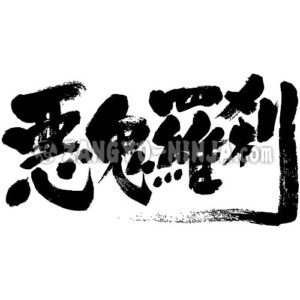
Very scary. It is a word used as an analogy to very scary things such as monsters and monsters. A monster. Things that are harmful to people, such as eating people. Japanese says “Akkirasetsu”.

Being very polite and polite means that if you pass it, you will hate it and you will lose your courtesy. Also, although seemingly polite and polite, it is actually arrogant. Japanese says “in gin bu rei”.
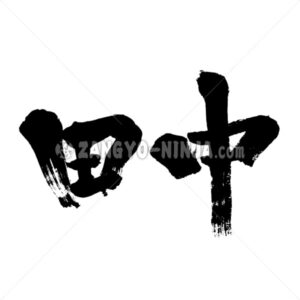
Tanaka is the 4th most common Japanese surname in Japan. The etymology is for rice fields and cultivation. It is said that when a small village was formed, “Tanaka” was created as a place name. It is believed that the powers who managed and occupied the rice fields on all sides called themselves “Tanaka” … Read More
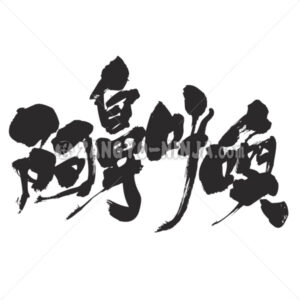
A man/woman who crying in extreme pain and seeking salvation. Very miserable and ugly. The situation was such that the deceased fell into hell and could not bear the torment and cried out loud. Annoying hell and screaming hell in Buddhism. Both are one of the eight great hells. It may also refer to … Read More
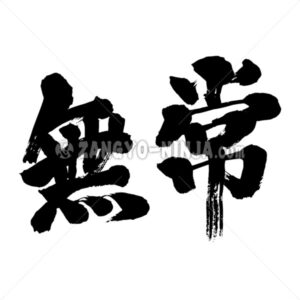
Buddhist language. Everything has changed, and it is not a permanent residence. Everything in this world changes quickly and does not stay in the same state for a while. Especially the ephemeral nature of life. Don’t know when you will die. Japanese says “Mu Jou”.
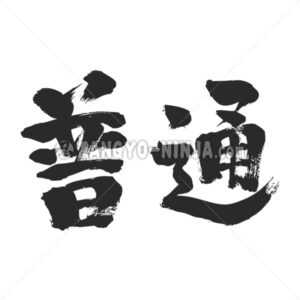
1. It is very common. Be normal. 2. To communicate widely or to the public. Also common to all things within a certain range, with no exceptions. Japan call “Fu tu”.
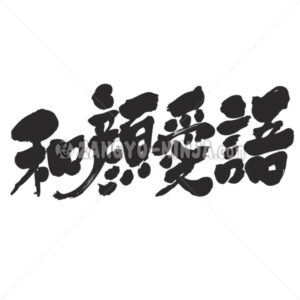
A Buddhist term referring to a mild face and a gentle and thoughtful conversation. The first two characters “和顔 Wagen” are gentle faces. The last two letters “愛語 Aigo” are words with a feeling of love. Japan call “Wa gen ai go” and “Wa gan ai go”.
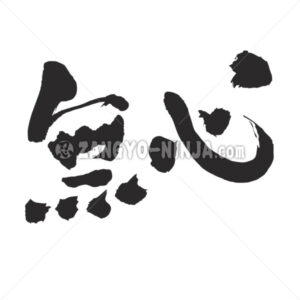
1. Be innocent. 2. There is no work of will and feelings. 3. Buddhist term 4. Waka / Renka with the aim of humor and obscene expression. 5. Lack of thought. Don’t be clever. 6. There is no heart to understand the emotion. 7. Don’t be considerate. Japan call “Mu shin”.


